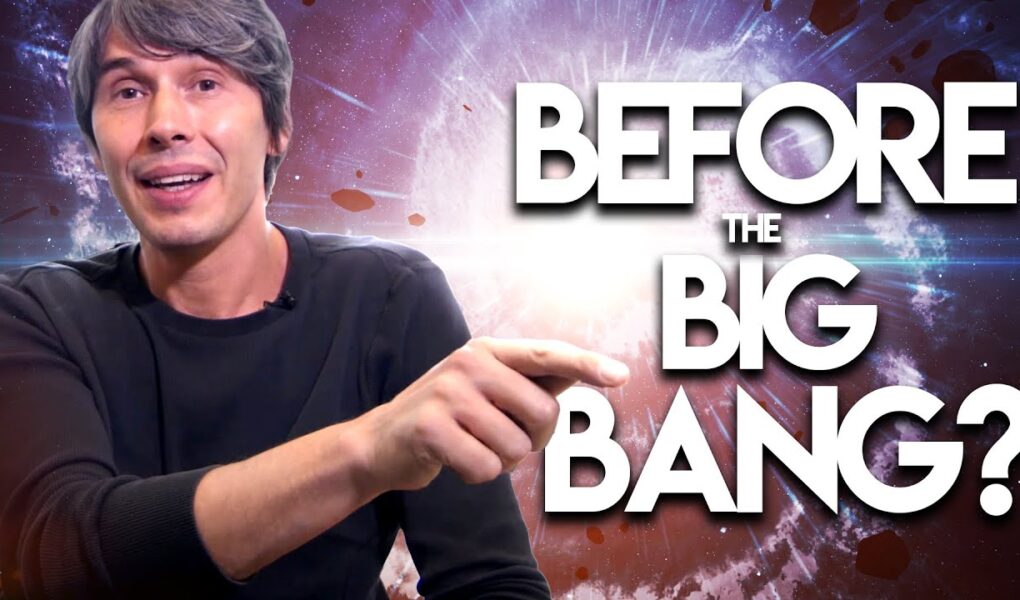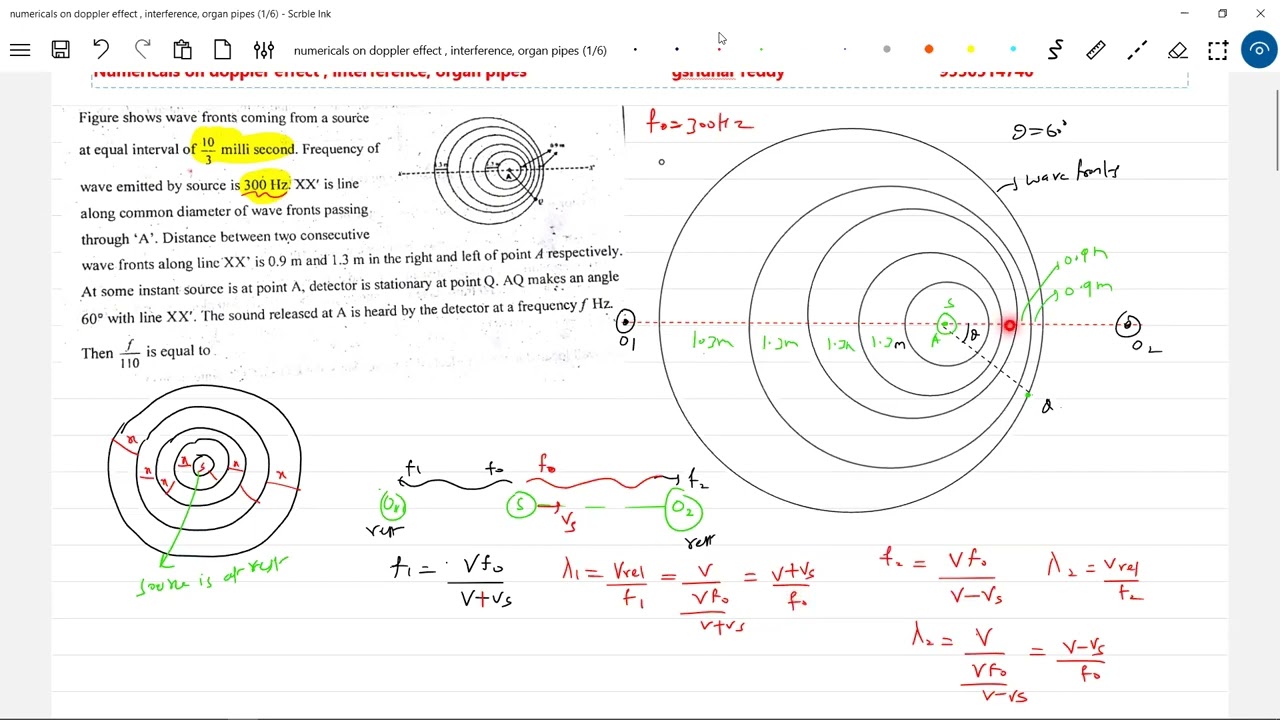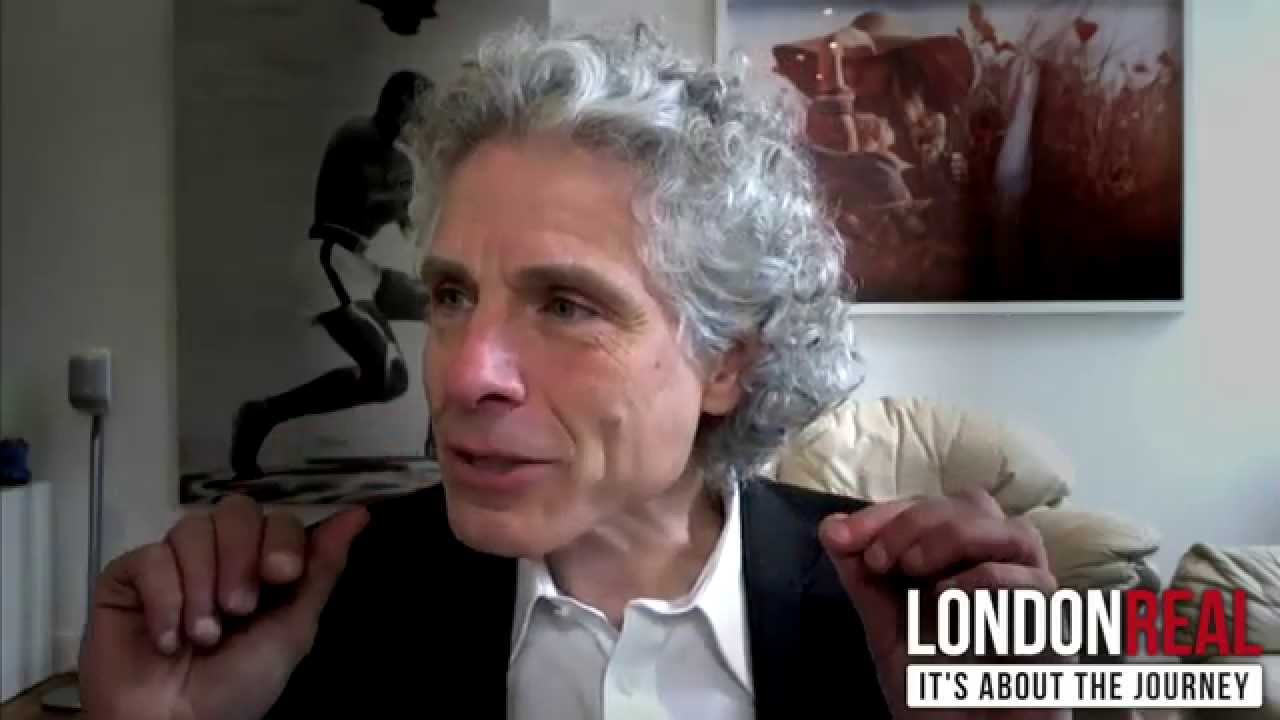Science Time
Brian Cox – What Was There Before The Big Bang?
Physicist and professor of particle physics Brian Cox explains hypotheses about the causation of the big bang. Brian Cox is a brilliant scientist who makes complex cosmological concepts like the big bang way more easy to understand.
In the beginning, there was an infinitely dense, tiny ball of matter. Which started to expand and would eventually give rise to the atoms, molecules, stars and galaxies we see today.
But what was there before the big bang? What was the state of the universe before…Well, everything?
Brian Cox explains how inflation fueled by a mysterious form of energy that permeated empty space itself, left the universe desolate and cold. And only after that did the hot, dense conditions of the Big Bang emerge.
If cosmic inflation correctly describes what happened before the Big Bang, it may push the ultimate answer to the question of where we came from beyond the reach of science.
Brian Cox also mentions alternative theories to cosmological inflation which tell us what caused the initial conditions that would eventually give rise to the big bang.
The twin pillars of modern physics are Einstein’s General Relativity and quantum theory.
To understand how the big bang emerged and what came before it, it is essential to unite Einstein’s theory with quantum theory.
The most distant objects in the Universe are 47 billion light years away, making the size of the observable Universe 94 billion light years across.
If you are wondering, how can the observable universe be larger than the time it takes light to travel over the age of the Universe? The answer is because the universe has been expanding during this time.
And this causes very distant objects to be further away from us than their light travel time.
Most scientists think the entirety of the universe extends way beyond the observable universe. But is there anything beyond the entirety of the universe?
Brian Cox also explains if there is anything beyond our known universe and how it will “end”.
#bigbang #space #science
Subscribe: https://www.youtube.com/sciencetime24
Source




You don't know? YOU DON'T KNOW??!?! WHAT TF DO YOU MEAN YOU DON'T KNOW??!?! YOU'RE SCIENCE! YOU'RE SUPPOSE TO KNOW EVERYTHING!!
Fascinating!
Again I see a ridiculous representation of the Universe with 2D space and 1D time showing the entire time history of the universe with A RIDICULOUS 3D flash of energy at the beginning. Do you not realise this flash is totally OUTSIDE the Universe? Further there are 3D diagrams of galaxies show within the cone shaped diagram that clearly demonstrates you guys have NO IDEA of what you speak.
The big bang is still a theory. Its still possible that there was no big bang.
Wow. This literally hurts my brain.
Easier to believe that a living God created the universe and everything in it (Genesis 1:1) than to never have an answer to what came before the first thing. Unbelievers will always hold the burden of proof in this.
What a bunch of hogwash!
I could never understand how you can have a beginning to the universe (big bang), and an infinite universe at the same time. Doesn’t sound possible.
The uncreated Yahweh is the answer you're searching for.
Notice he said “we think” quite a lot. That’s because this is all theoretical, so you still need to have faith to believe the big bang.
The Qur'an says about this
أَوَلَمْ يَرَ الَّذِينَ كَفَرُوا أَنَّ السَّمَاوَاتِ وَالْأَرْضَ كَانَتَا رَدْقًا فَفَتَقْنَاهُمَا وَجَعَلْنَا مِنَ الْمَاءِ كُلَّ شَيْءٍ حَيْ أَفَلَا يُؤْمِنُونَ.
Have those who disbelieved not considered that the heavens and the earth were a joined entity, and then We separated them and made from water every living thing? Then will they not believe?
Suuuuuuuure
I am so pissed that I would die without knowing how universe started and how it will end.
Okay, so there is “nothing” then a ball of “something” then it explodes and goes on “forever” currently nobody knows how it all started or how it all ends unless something that’s not known yet can explain everything, seems like the answers are just there and we don’t understand how to interpret them. Obviously the world needs more Einstein’s.
God. God was there
my head can handle that there was just nothing then suddenly a big bang happened and the universe was formed. there had to be something for this big bamg to start off . like where did it start how did it start gases just didnt float about come together and cause big bang where did these gases come from where was there formed 🤯🤯🤯
Would it be plausible to assume that given enough time the rate of expansion and the space between galaxies will increase to match the expansion speed of the space before the big bang creating new big bangs within the new gaps between the mater that exists currently. Let's say 20 or 30 billion years into the future for instance once the galaxies we currently know of have expanded outside their horizon. If space expands faster than light eventually no galaxies would be able to see light from another and would be isolated. But that space between continues to expand. Would that not create the same conditions as proposed pre big bang space?
The Big Bang and God's existence could not be existed if without empty space ? Univervse are parts elements inside empty Space which were formed by Dusts of steel,rock,sand,soil,gold,sylver,water,atom etc .
All explosions such Big Bang and expanding matter,dark matter,and light matter all because thy are existing inside infinity of Space .
A stupid thinker who regards a man as God !
How so many physicists and scientists are atheists boggles the mind. The more I learn about the universe the more it reinforces my belief in God.
We live inside a black hole and within every black hole is another universe that we can't get to
The universe always existed…it wasn't bo beginning that's impossible! You can't put atoms in nothing you can't expand into nothing…it's always been
Some scientists have theorized that the universe was birthed by the black hole in the center of another universe, that we're the matter that got spit out of the back end. I don't know how well supported this idea is, but I like it.
I mean, what IS space at all? Why IS there empty space at all, a landscape for matter and existence to grow on? Space within…what? The universe is expanding…into WHAT? Is "nothing" really, ACTUALLY nothing?
Barl Sagox..
Caran Cogan..
The Great I Am… that's all you need to know.
Fighting for answers which we may not be able to see ever, atleast in a single lifetime🤣
Brian, dude, stop talking shit, you and the guy in the wheelchair with a serious speech impediment 😵😵💫🤐
Reality is, our universe is one of many universes…..nothing can and will ever explain our existence
There are some theories that say God created it.
Politicians created the inflation.
I have no formal education in the subject , but I had a question. Based on my understanding, if energy can’t be created or destroyed, based on the laws of conservation of energy, then how would the “universe” have started smaller then the size of an atom and exponentially inflated to what it is today? Wouldn’t that mean that all of the energy of the current state of the universe was contained in a space smaller then an atom prior to the Big Bang? Is that possible, and if it is, why was there an event such as the Big Bang that happened when the same amount of energy existed for as long as we know.